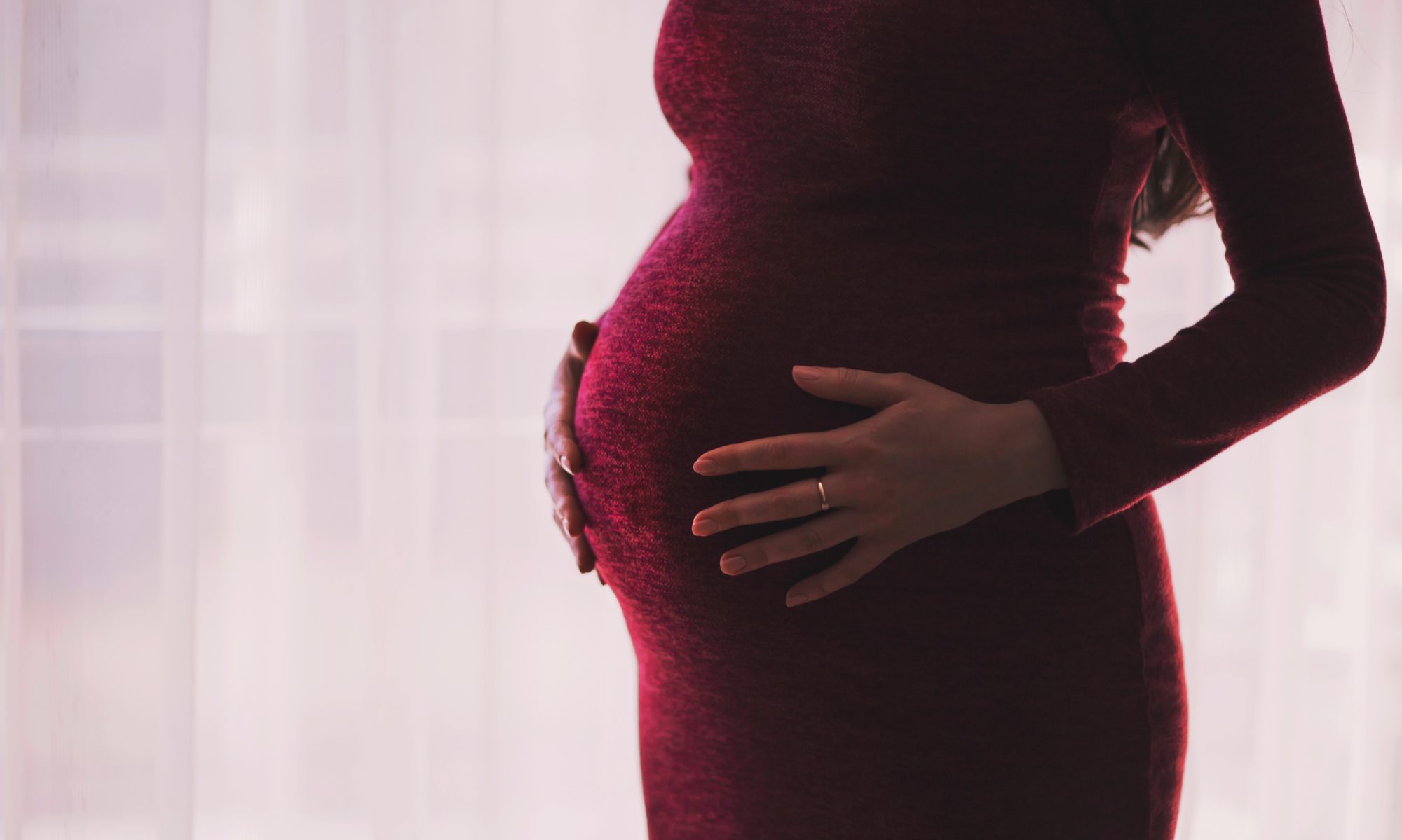Labor may start in different ways but for sure these are a few things that you should get checked out. This also refers to when you’re in your 9th month and without other risk factors.
- When your water breaks, it may be a slight trickle or big gush you can’t control. Note time and color and head to hospital. Your water bag protects you and your baby from infection, when this breaks notify your provider unless directed otherwise. You may pass a mucous plug days before active labor starts.
- Heavy vaginal bleeding. You can have a bloody show or spotting also after a vaginal exam or intercourse, this may not be labor but irritation of the cervix. Heavy bleeding needs to be checked out right away.
- Regular uterine contractions, sit down feel your abdomen and time your contractions in front of a clock, when they are every 5 minutes for an hour and they are uncomfortable, go to the hospital or call your provider.
- Any decrease or change in fetal activity.
- Other concerns notify your provider not limited to headache, visual changes.
- See more information on stages of labor under “resources”.

